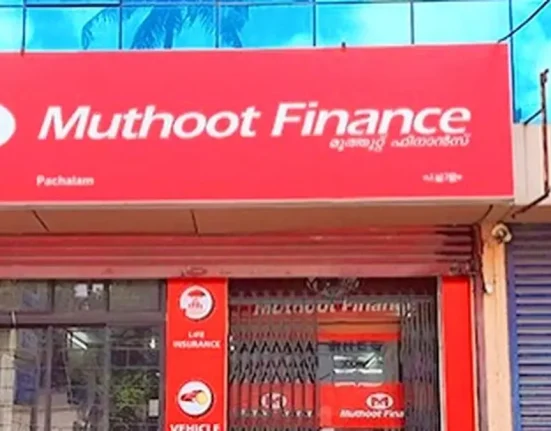The benefit of hiring someone to manage your money is getting expert investment advice that protects your portfolio from market volatility while fueling its growth. But, what if you’re paying for advice you don’t agree with?
Say you’ve decided to use your father’s wealth manager to oversee your own money, only they decide to put your entire portfolio into a single investment. That may seem like a suboptimal choice. And it could be a risky bet.
So it’s important to keep tabs on your portfolio, even if you’re paying someone else to do the work. And it’s equally important to make sure your investments are diversified.
Whether this one investment of yours poses a risk depends on whether it’s truly a single asset, like bitcoin or a particular stock, or is something like an index fund or mutual fund or exchange-traded fund (ETF), which are actually bundles of many individual assets. An S&P 500 ETF, like the Vanguard S&P 500 ETF (VOO), for example, would contain exposure to hundreds of blue-chip U.S. companies.
If a single fund matches your investing strategy, risk tolerance and time horizon, then that’s fine.
Investing in only a single stock, on the other hand, even one with a storied history, can carry significant risk or volatility.
The stock market has a long history of being volatile. Since 1929, it’s undergone 56 corrections where it lost at least 10% but less than 20% of its value. Plus, of those 56 corrections, 22 became bear markets where stocks lost 20% of their value or more.
When the market tanks on a whole, even a well-diversified portfolio can lose value. But if you’re not diversified and a specific sector of the market takes a hit, your personal losses could end up being significant.
Granted, you don’t officially lose money in the stock market until you actually go out and sell assets at a loss. But, you never know when you might need to tap your portfolio to address a need for cash.
An estimated 42% of Americans do not have an emergency fund they can access to cover unplanned expenses, according to U.S. News & World Report. So even if your preference is to leave your portfolio alone during a market downturn, if you lose your job and have no emergency savings, you might have to liquidate some assets immediately. With a more diversified portfolio, you may end up with some assets that haven’t lost value in a broad market crash, or haven’t lost as much value as others.







